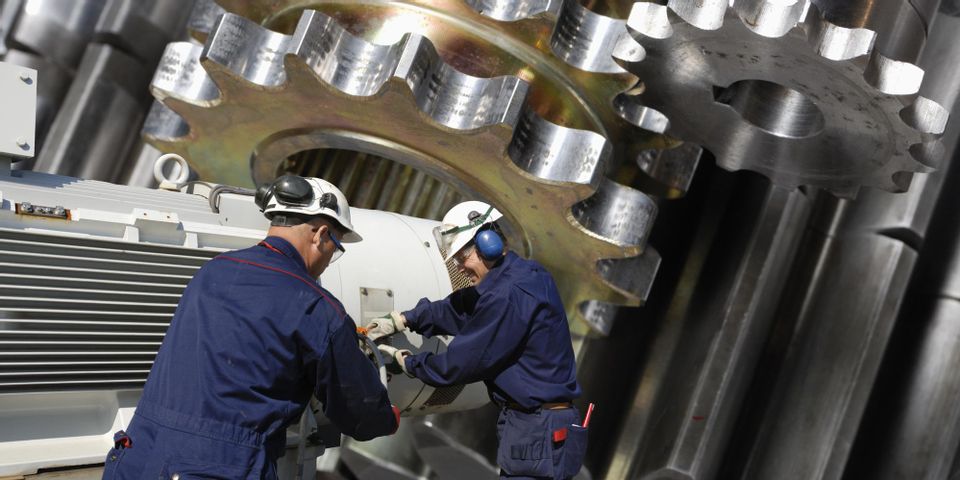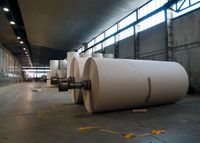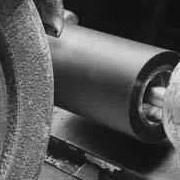A Comprehensive Guide to Progressive Cavity Pumps

If you need to transfer water, you might use a centrifugal pump. When it comes to moving materials that are shear-sensitive or more viscous, though, a progressive cavity pump is best. Unlike centrifugal pumps, which use more power to pump less liquid as it increases in viscosity, PC pumps actually use less power to transfer more material as it thickens. Used in a multitude of industries, these pumps are especially popular for transferring pulpy byproducts at paper recycling plants and wastewater at anaerobic digestion facilities. Since a damaged PC pump can halt everything, though, those who manage facilities that rely on them must know how they work, what they're capable of, and when progressive cavity pump repairs are necessary.
How Progressive Cavity Pumps Work
Progressive cavity pumps use positive displacement to transfer materials through a mechanical system. A standard PC pump has a suction inlet that opens to a casing made up of small, fixed-shaped cavities. As the single helix rotor turns, material “progresses” through these spaces in the double helix stator.
 Each cavity tapers toward the end before overlapping with the next one, which allows for one cavity to fill as another empties. In other words, the displacement of liquid always remains the same, which prevents any variation in net flow amount.
Each cavity tapers toward the end before overlapping with the next one, which allows for one cavity to fill as another empties. In other words, the displacement of liquid always remains the same, which prevents any variation in net flow amount.
Signs a Progressive Cavity Pump Needs Repairs
Progressive cavity pumps are fairly easy to maintain, but like any piece of machinery, they can break down over time. Signs that you might need progressive cavity pump repairs include reduced flow, rumbling, vibrating, or rapid popping sounds.
Since virtually any component of the pump could be responsible for mechanical issues, troubleshooting the problem can be challenging. Everything from bad seals to worn teeth to rotor head damage could impact operations. Fortunately, an experienced technician can help with both diagnosing any issues and performing regular preventive maintenance, so they don’t arise again.
If you need progressive cavity pump repairs in Cincinnati, turn to R. A. Heller Co. This machine shop has been serving clients in a broad range of industries for the past 70 years. No job is too small or too large for their knowledgeable experts to see through to completion. From precision grinding to hard chrome plating, they do it all. To learn more about the equipment they have in their 20,000-square-foot facility, check out their website. To discuss your progressive cavity pump repair needs, call (513) 771-6100.
About the Business
Have a question? Ask the experts!
Send your question

